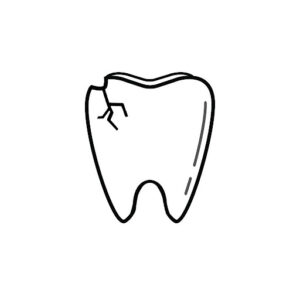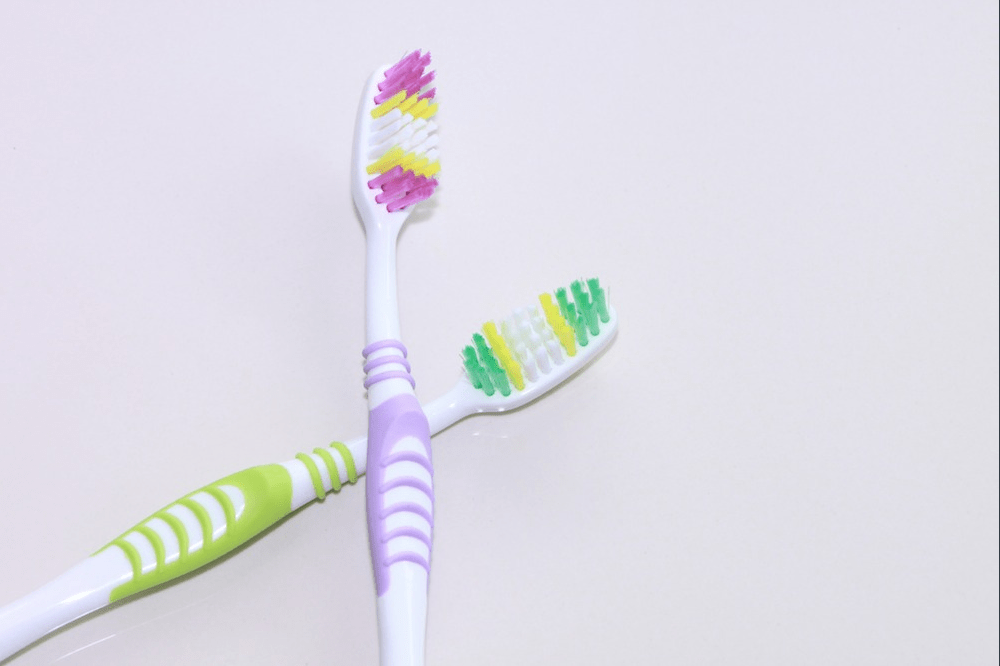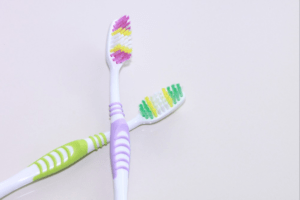
Discover the top 5 brushing blunders you might unknowingly be making with Sweet Spot Dental, your trusted Dentist in Cambridge. Elevate your oral hygiene game by checking out our exclusive list and ensuring your dental routine is on point.
Timing is Key:
Avoid brushing immediately after indulging in sugary or acidic drinks, as this can demineralize your enamel. Instead, rinse your mouth with water and wait 30 minutes to an hour before brushing to protect your enamel’s integrity.
Personalized Brushes:
Sharing toothbrushes may seem friendly, but it’s a no-go for oral health. Prevent the spread of germs and illness by using your own toothbrush. Label it or keep it separate to avoid confusion and ensure hygienic habits.
Distance Matters:
Keep your toothbrush away from the toilet to dodge bacterial contamination. Place it as far as possible from the toilet or cover it to shield it against airborne bacteria spread during flushing.
Skip the Immediate Rinse:
Many toothpaste formulas contain fluoride, which strengthens enamel over time. Resist the urge to rinse immediately after brushing to allow the fluoride to work its magic and fortify your teeth against decay.
Brush with Caution:
Overbrushing can lead to enamel erosion, so focus on thoroughness rather than intensity. Ensure you’re covering all tooth surfaces gently to maintain enamel health without risking abrasion.
Remember, there’s more to brushing than meets the eye. Stay mindful of these tips to enhance your oral hygiene routine. While daily brushing and flossing are crucial, don’t forget the importance of regular professional dental care. Reach out to our office for further guidance or to schedule your next visit. Let’s keep your smile shining bright together!
Sweet Spot Dental
Phone: (617) 945-1974
Url: https://sweetspotdental.com/
763 Massachusetts Ave., Suite 1
Cambridge, MA 02139




























